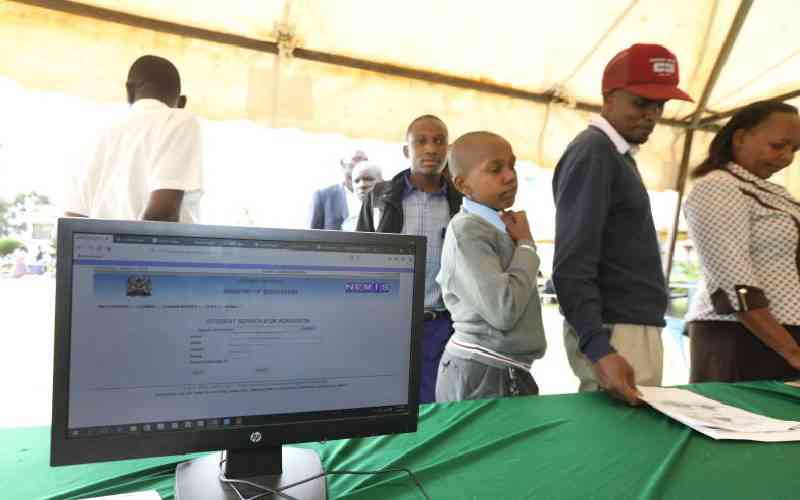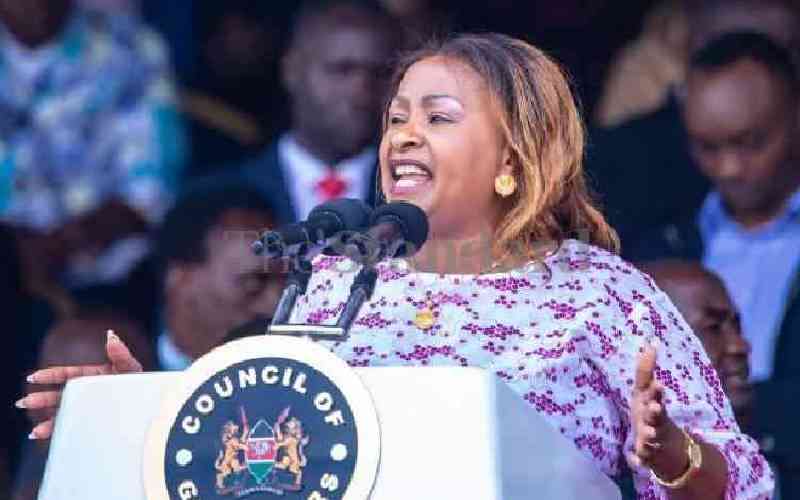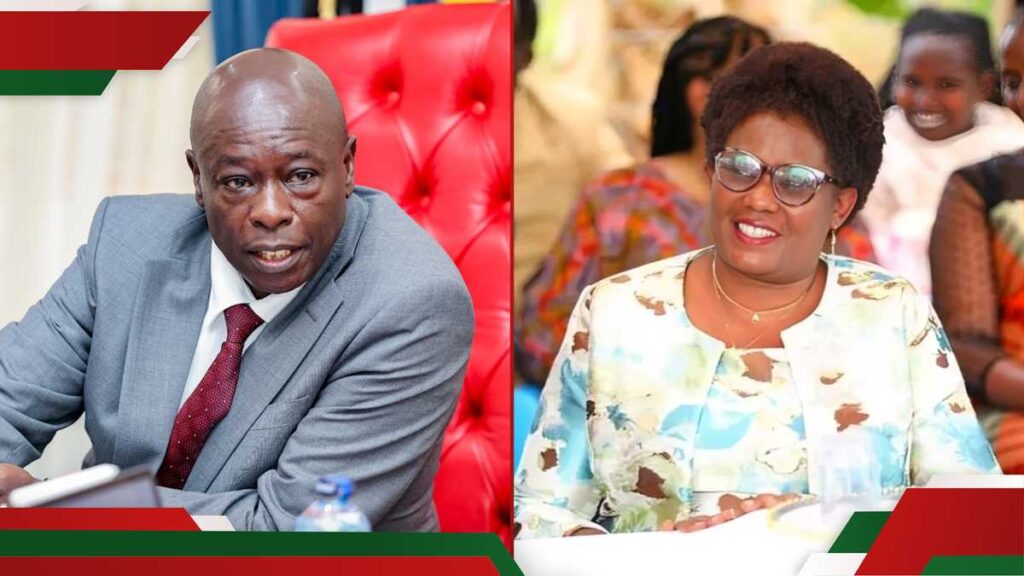The National Assembly Public Accounts Committee (PAC) is now seeking a comprehensive audit of the National Education Management Information System (NEMIS), amid Auditor General’s queries on lack of ownership and controls.
The committee, led by Butere MP Tindi Mwale, also questioned the need to move from NEMIS to Kenya Education Management Information System (KEMIS), even as the Government prepares to pilot the new system starting next month.
According to the audit report for the year ending June 30, 2023, an amount of Sh239.7 million was spent on re-engineering of NEMIS under the Primary Education Development (PRIEDE) project.
The scope of work for NEMIS strengthening installation of one of the servers at a secondary site on an existing Government cloud infrastructure, to enable the server harness the existing resources of the cloud, such as processing and storage capabilities, load balancing, intelligent system monitoring, system scalability, data security and business continuity.
The auditor also said documents to be audited for purposes of ownership of the re-engineered NEMIS, including copyright registration and reservation in accordance with Section 22 of the Copyright Act 2021.
Similarly, at the time of audit, documentation relating to the development of re-engineered NEMIS and the structure of its administration, highlighting the officers who hold different tasks and roles in the development, maintenance, compliance and control of the NEMIS system was not provided.
“In the circumstances, value of money may not have been achieved on expenditure amount of Sh239.7 million in respect to re-engineering and ownership of NEMIS,” the auditor general’s report stated.
But the committee members raised the questions on not only the need to rename NEMIS but also to re-engineer it, to the Education Principal Secretary, Julius Bitok who was responding to audit queries before PAC.
Funyula Mp, Wilberforce Oundo said there is urgent need for an audit of NEMIS to understand the procedures involved and details like how much was spent on updating the system log and reasons for the procedure, adding that the auditor should take time owing to the value of the system.
He asked: “First of all, the system is developed internally by your team. We need clarifications if the system was indeed developed internally and was it re-engineered by an external party. If external, some things follow like copyright.”
The MPs also told the auditor to also interrogate possible manipulation of the system, saying that head teachers have been having issues when it comes to enrollment and capitation.
“We want the auditor general to go to the State Department and do a better analysis of the system,” Mwale said.
Lugari Mp, Nabii Nabwera, said that the biggest danger in capitation management in schools is the NEMIS, saying it has brought challenges to heads of learning institutions.
“If we were to do a public opinion, all teachers and Heads of the schools will stand down that NEMIS. A former CS alluded to the need for NEMIS being secured. Heads can check the system and see changes in the numbers and disbursements,” Nabwera said.
Stay informed. Subscribe to our newsletter
Bitok said that the Ministry is on transition from NEMIS to KEMIS in line with recommendations of the Presidential Working Party on Education Reforms (PWPER), saying as they collected views round the country, issues of the system were raised.
To this end, he said there was need to upgrade it, which was done five years ago hence the need to improve scalability from NEMIS to KEMIS to ensure it connects all education agencies and become a one-stop mega system.
The CS said that they are working with Konza to upgrade the system and have also request National Treasury to give appropriate approvals for this to be done, as part of the new journey to having a new system.
He however did not state the amount of money that will be required to move from NEMIS to KEMIS.
“KEMIS will rely on Maisha Number to identify every learner. KEMIs, as architecturally designed, is supposed to be a one-stop solution for the entire education system, or rather the education ministry, including basic education, university education, TVET, and even research,” he said.
“We will be able to deal with some of the issues on the agenda that the members of parliament are talking about. We are upgrading the system to one which really has a very accurate identity and is very agile. When a student transfers from one school to another, it should be able to move to another automatically,” the PS explained.
Head of KEMIS, Fredrick Mujumba said that issues were discovered with NEMIS, which required scalability, adding that the Ministry required a situation that connects learners to all data sources for easier corroboration.
He also said there were issues with NEMIS hosting but under the new system, they are considering outsourcing the data centre, adding that the Maisha number will be used.
“NEMIS was using Unique Personal Identities generated by the system, where a birth certificate was used but over time it became that many people do not have it so we incorporated the use of assessment numbers, especially for those on higher levels to get a clear identity,” he explained.
Mujumba also stated, “In some cases, learners were deleted from various points and not just at the school level for instance in cyber café where some people removed learners from the system over lack of non-payment to get back.”
Bitok also explained that NEMIS is owned by the Ministry and was developed internally by its staff and as such, the system source codes, system architecture and all derivative works develop to MoE.
“Once NEMIS became operational and exposed to usage, there was need for re-engineering in order to fix some of the challenges observed over time in the system. This re-engineering planned for 2020 was eventually executed by the Ministry through tender MOE/GPE/GDS/08/2020-2021,” the PS said.
With this, the Ministry wanted to achieve procurement and installation of servers in primary at Nyati House and for secondary at Ruaraka sites.
The site was configured with enhanced processing and load balance for resilience, system scalability and data security and business continuity.
The PS also stated that NEMIS has specific roles and responsibilities assigned to individual users in the system, with County Directors of Education viewing schools in their respective counties while the Regional Director of Education can view institutions under the region.

























